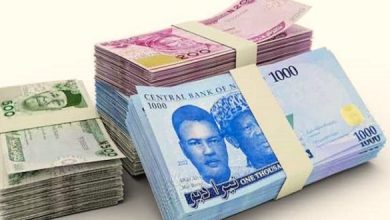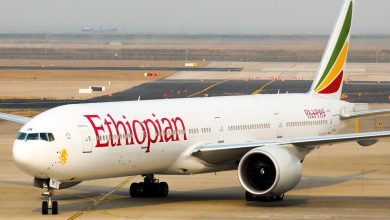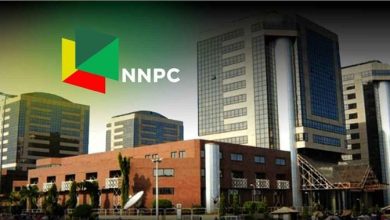IMF Urges FG to Recover N700bn Monthly Fuel Subsidy Held by NNPC
IMF wants Nigeria to recover fuel subsidy savings from NNPC to support ongoing economic reforms.
It says the funds are vital for stable spending, job creation, and national development projects.
The International Monetary Fund (IMF) has urged the Nigerian government to urgently recover savings from the fuel subsidy, estimated at N700 billion per month, from the Nigerian National Petroleum Company Limited (NNPC Limited) to maintain fiscal balance and momentum for economic reform.
This recommendation is contained in the IMF 2025 Article IV Consultation Report, released on Wednesday. The Fund stated that although Nigeria officially ended its petrol subsidy regime in 2023, the associated savings have yet to be fully reflected in government revenue. It attributed this shortfall to a lack of transparency in NNPCL’s oil revenue remittances.
The IMF emphasized that securing these funds, which amount to approximately two per cent of Nigeria’s Gross Domestic Product (GDP) annually, is crucial for maintaining a neutral fiscal stance and enabling investment in critical developmental projects.
“Ensuring that the fuel subsidy savings accrue to the government would yield the proposed neutral stance; the full-year savings are estimated at 2 per cent of GDP,” the report stated.
The Fund warned that if these savings are not realized in the second half of 2025, and with tax reforms unlikely to yield immediate results, the government may be forced to reduce spending elsewhere.
“If the savings are not realized starting H2-2025,” the IMF cautioned, “and given that tax policy reforms under consideration are not expected to deliver significant revenue gains in 2025, the adjustment would have to come from the expenditure side (0.6 per cent of GDP).”
To avoid a damaging squeeze on capital projects, the IMF recommended a targeted reduction in recurrent expenditure while protecting essential investments and expanding social safety nets such as the national cash transfer program.
“Staff recommend prioritizing adjustments to recurrent spending to protect growth-enhancing investments while accelerating the delivery of cash transfers to assist the poor,” it said.
The IMF further noted that while capital expenditure is vital for economic growth and job creation, it must be carefully rationalized to preserve only the most impactful projects.
In the event that both subsidy recoveries and projected revenues fall short, the Fund advised the federal government to identify and advance new revenue measures while upholding debt sustainability principles.
The latest recommendation comes at a time when Nigeria is walking a fiscal tightrope, trying to invest in infrastructure and social development amidst growing debt servicing obligations and sluggish domestic revenue growth.
The IMF supports a neutral fiscal policy stance for 2025, neither expansionary nor contractionary, as the best route to stabilizing Nigeria’s fragile economy. However, it stressed that success would depend mainly on the full recovery of subsidy funds from NNPCL and responsible expenditure management.
The report also noted the urgent need to plug Nigeria’s data gaps to enhance economic oversight and accountability. Though the Fund acknowledged the country’s efforts toward reform, it warned that delayed implementation and off-budget revenue practices could derail progress.



